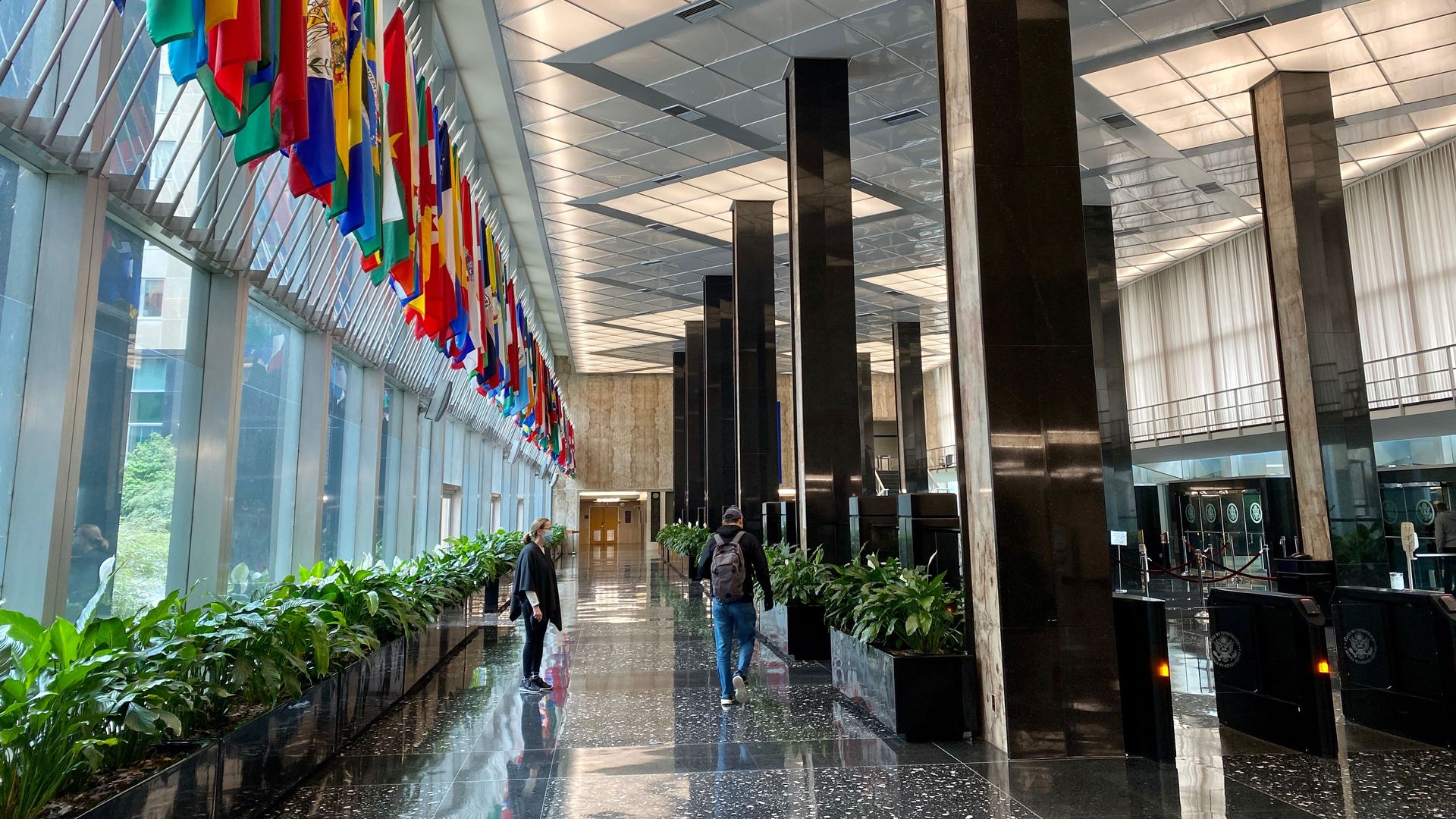May 18, 2021 - World
Children born abroad via surrogacy and IVF to be granted U.S. citizenship
Add Axios as your preferred source to
see more of our stories on Google.

Photo: Daniel Slim/AFP via Getty Images
Add Axios as your preferred source to
see more of our stories on Google.

Photo: Daniel Slim/AFP via Getty Images